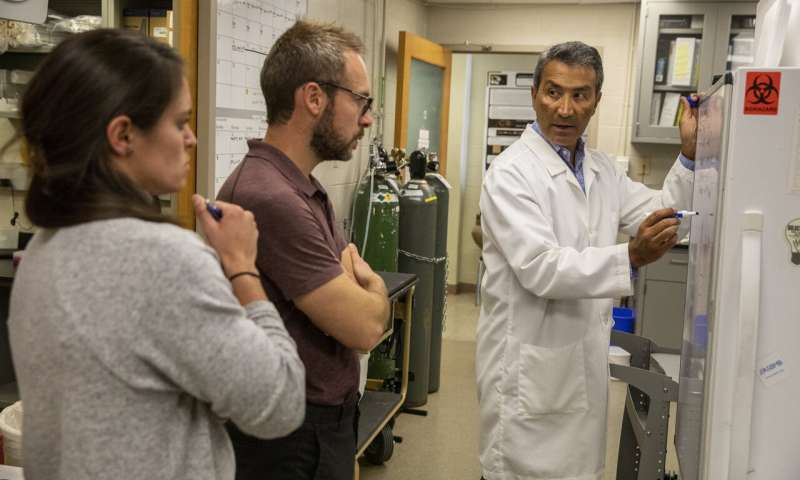As social convictions and qualities change after some time, researchers have battled with viably communicating the realities of their research with the general population. Presently, a group of specialists from the University of Missouri and the University of Colorado accepts researchers can pick up trust with their crowd by indicating their human side. The scientists state it tends to be as straightforward as utilizing “I” and first-individual stories to help build up an individual association with the crowd.
The investigation was published in the journal PLOS ONE.
Customarily, researchers may not generally consider the crowd assessing them when sharing the realities of their examination, said SiSi Hu, an alumni teacher and research right hand in the Missouri School of Journalism and comparing creator on the investigation.
“Most of the time the public understands what the scientist is presenting to them, but each person understands in their way,” Hu said. “Therefore, there needs to be a sense of mutual understanding — the scientist must trust the audience as much as the audience trusts the scientist with his or her message.”
After finishing a literature review of perceived authenticity, the group didn’t find any proper measures identifying with science communication. Hence, in light of existing literature, they made a theory of saw authenticity in science communication – a researcher is somebody with their belief system past institutional affiliations, and their messaging reflects those qualities.
Study members tested the theory by finishing a 19-question survey on authenticity. Overview questions depended on a description of published plant science investigate and a gathering of arbitrarily allowed account messages endeavoring to clarify that examination. The gathering of messages incorporated a story drawn from the genuine encounters of J. Chris Pires of how he got intrigued by plant science. Pires is a Curators Distinguished Professor in the Division of Biological Sciences in the MU College of Arts and Science, and an examiner in the Christopher S. Bond Life Sciences Center.
Analysts found that if a researcher shares the account of the advancement of the starting point of their enthusiasm for the subject through a first-individual story – without the utilization of institutional affiliations – individuals are increasingly disposed to see the person in question as legitimate. Also, if a researcher just uses the first-individual account, individuals are increasingly disposed to see a researcher as bona fide dependent on a sentiment of association.
The group likewise found the story characteristics of saw credibility adjust intimately with existing writing on kindness and honesty, two-character attributes that can enable a crowd of people to construct trust with the individual conveying the message.
“We hope our findings will provide some wisdom, guidance, and tools that scientists can use to enhance the communication of their research — that is also accessible and will be trusted by the public,” said Lise Saffran, director of the Master of Public Health program at the MU School of Health Professions, and lead author on the study. “People want to know the person talking to them is a human being with their values and point of view, and that the message they share reflects those values.”
Disclaimer: The views, suggestions, and opinions expressed here are the sole responsibility of the experts. No News Feed Central journalist was involved in the writing and production of this article.



